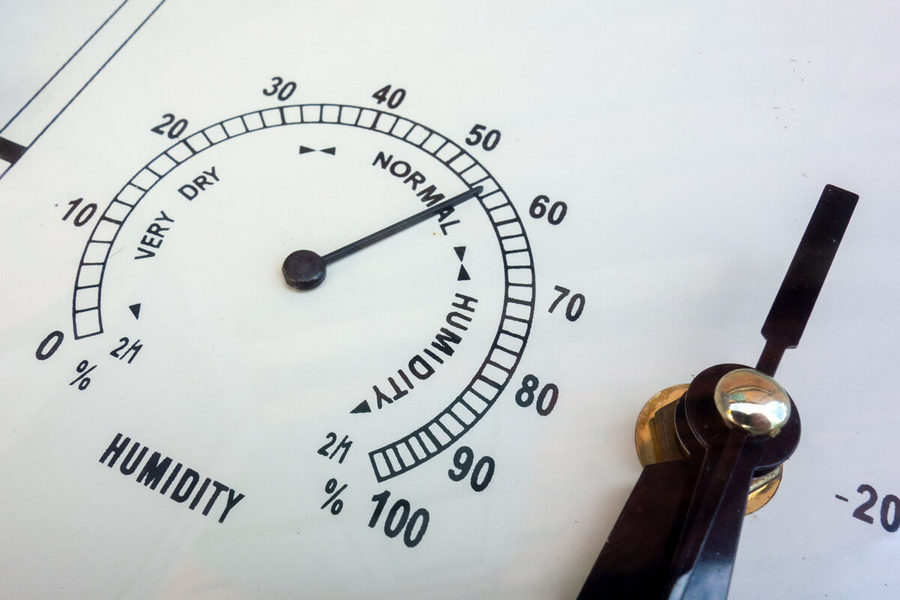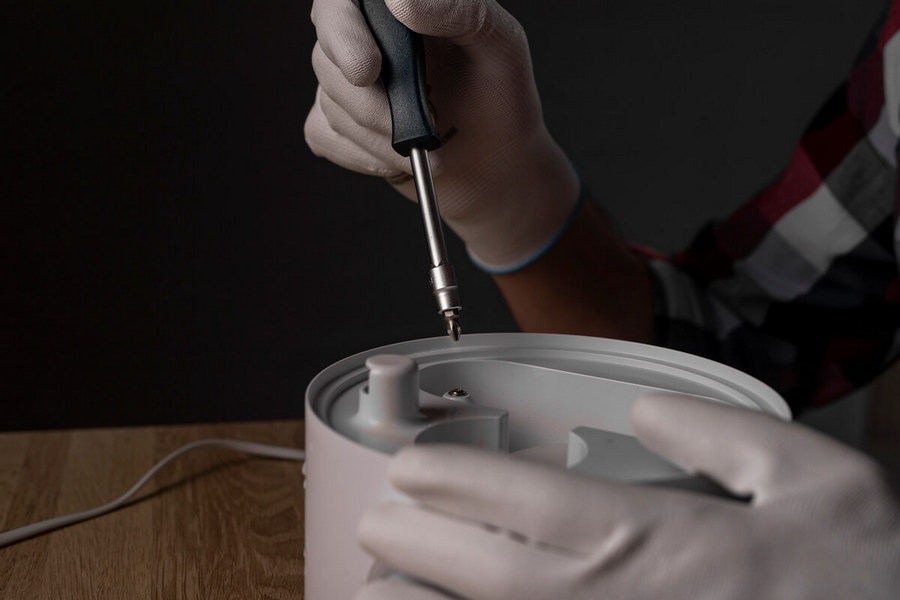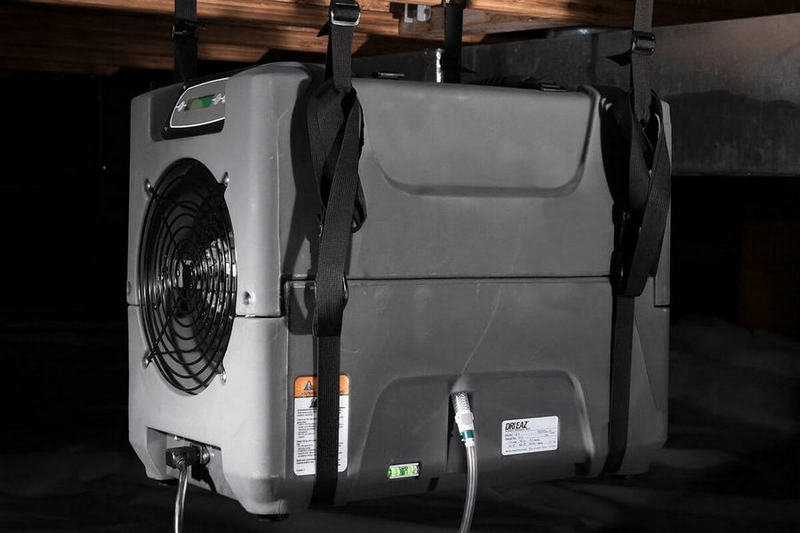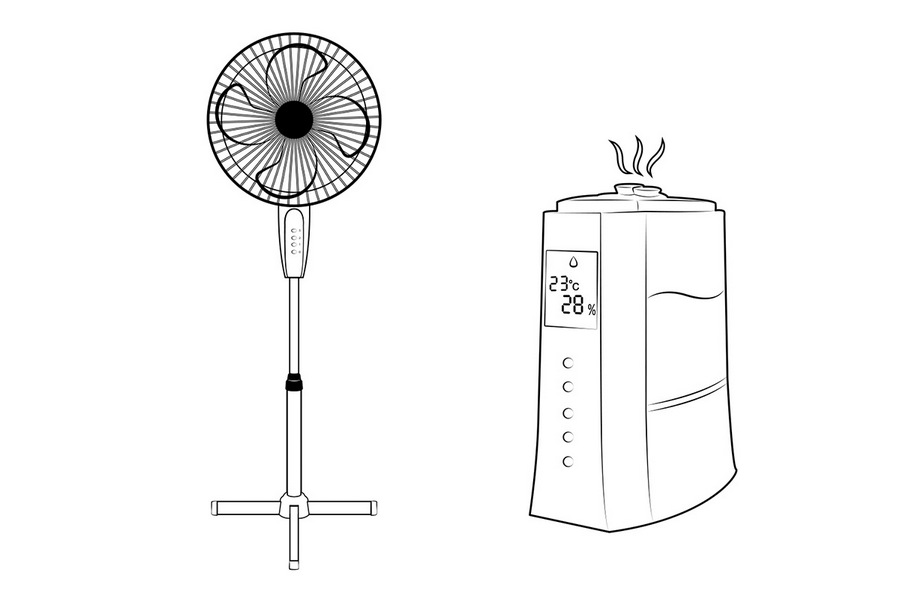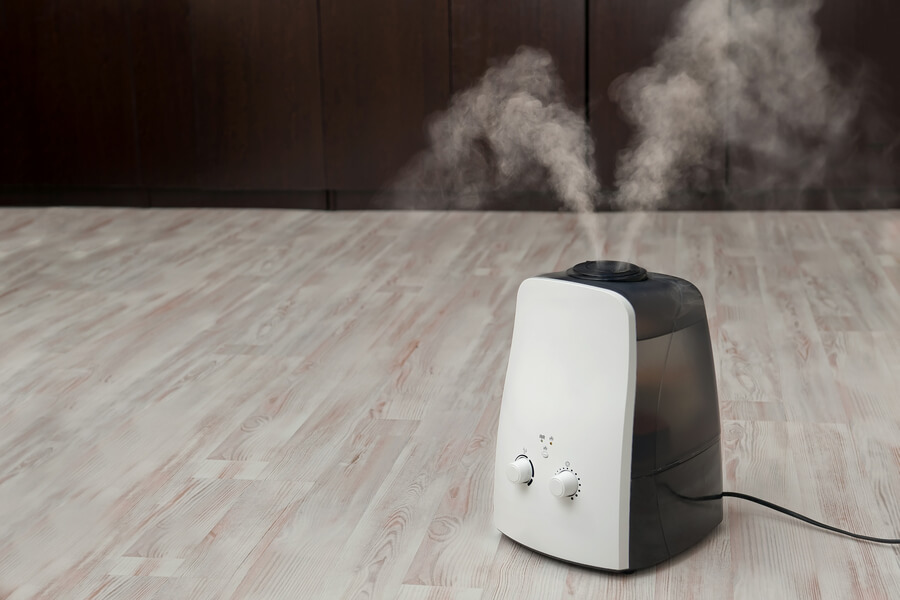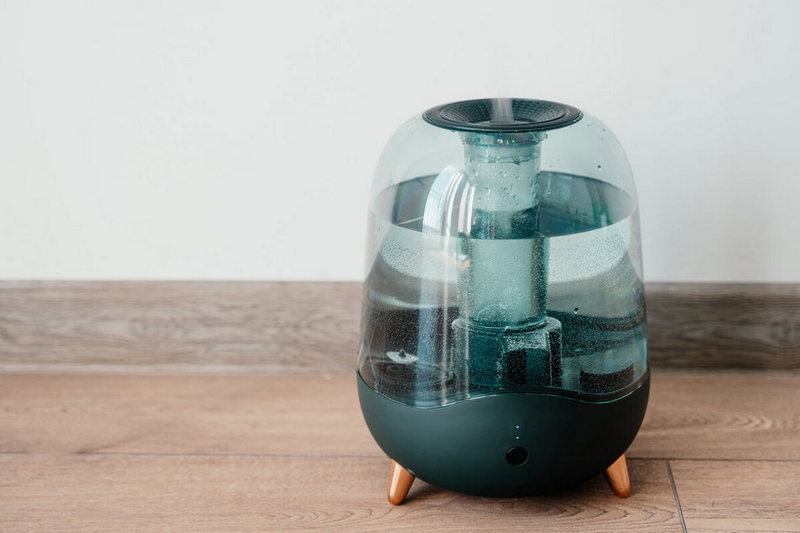It is normal for your house to become hotter in summer, especially if you live in a subtropical climate. However, if the humidity in the house exceeds 70%, you should hire someone to check everything from HVAC leaks to the air conditioning system.
What is Humidity?
Before we go into why it is not good to have more than 70% humidity, it is important to know what humidity is.
Simply explained, humidity refers to the amount of water vapor present in the air. So, the higher the humidity, the higher the air’s water vapor content will be.
High humidity in a house can be caused by the weather. If it is really humid outside, it is likely that it will be humid inside as well.
The environmental condition and temperatures can also be major factors for escalating indoor relative humidity, which usually lead to an unpleasant situation.
Read Also: Tips for Controlling Your Home’s Humidity
Problems Caused by High Indoor Humidity
It is crucial to keep the relative humidity in your house at a comfortable level. Even a slight increase in humidity might cause discomfort, leaving you constantly feeling fatigued and sluggish. Such issues may seem minor, but still, they should not be overlooked.
Mold
Excessive humidity is significantly linked to the development of mold. It has the potential to create health issues such as asthma as well as trigger allergies.
As a result, mold can become dangerous to the body, putting the health of family members at risk. Mold allergies can cause symptoms such as itchy eyes, throat discomfort, skin rashes, sneezing, and coughing.
Mold can also cause natural materials like wood and leather to degrade in a process called ‘biodegradation’. If you notice mold forming in numerous areas of your home, you should seriously consider finding a strategy to combat it.
Indoor Air Pollutants
High humidity levels might actually increase a lot of unanticipated indoor air contaminants. Toxins present in building materials may interact more easily with damp air, making it possible for you to breathe them in.
Of course, this is something that has to be handled right away. Even though the amount of air pollutants is small, long-term exposure to it might create health problems. This is especially true when it happens in your bedroom.
Dust mites flourish in these situations as well, though you may not notice much of this. Even so, you may experience side effects such as increased lung problems and exhaustion.
Damaged Furniture and Paintwork
Moisture in the home as a result of high humidity can cause the wooden furniture to rot. It frequently results in stains and mold growths, which might eventually lead to more significant damage.
When furniture is placed near walls, there is a greater chance of dampness accumulating. And, when an issue with excess moisture persists for an extended period, it can cause permanent deterioration.
Another indication of excess moisture in a building is crumbly paint or wavy wallpaper. It is critical not to just repaint or plaster over the situation without addressing the moisture since it will only persist.
Higher Electricity Bill
When the air is humid, even if you set your thermostat to 75 degrees, it may feel more like 80 degrees. As a result, you may need to crank up the AC unit.
This surely causes the air conditioner to work harder, consuming more electricity. In short, living with high humidity will have an impact not only on your health and wellbeing but also on your finances.
Read: How Much Electricity Does a Fan Use Compared to Air Conditioning?
Why is The Relative Humidity of 40% – 60% ideal?
Outside, it is impossible to maintain and regulate the humidity. However, if you want to make sure you are comfortable inside, keep an eye on the humidity level.
Normally, a hygrometer is needed to define the humidity level inside. The ideal room humidity range is 40% to 60%.
As previously said, excessive humidity in the house causes a slew of problems. But what if the indoor humidity becomes dangerously low? Of course, it comes with its own set of difficulties as well.
To begin with, low indoor humidity will cause your skin to dry out. When the problem persists, the skin on your shins and ankles may crack and itch.
Our bodies are relatively sensitive to room dampness. When it falls below 40%, our skin begins to lose its hydration. However, if it exceeds 60%, we will feel uneasy and numerous problems may occur, causing damage to the walls and interiors.
Air Conditioning Systems and Humidity
Most current air conditioning systems can regulate humidity in the house. It is because your air conditioner includes an evaporator that traps water vapor from the environment.
This is a similar mechanism as when condensation forms on the rim of a glass containing a cool drink. The water is then condensed out from the atmosphere, reducing humidity in your house.
It is critical to note that an air conditioner will only be efficient in controlling humidity if it is properly equipped. A window unit meant for a tiny room, for example, will not work effectively in a huge living room.
Your AC unit must also be powerful enough to circulate conditioned air throughout your area. Based on the size of your home, a specialist can calculate the right system size.
So, if you have consistently humid air in your house, you should think about installing air conditioning. As more energy-efficient units become available, it is safe to say that an air conditioner is a realistic option for providing comfort without breaking the budget.
The Bottom Line
The ideal humidity in the house should be around 40 to 60 percent. Quick solutions, such as those outlined above, can usually help you maintain your relative humidity. However, you must first ensure that there is no major root issue, such as water leakage or inadequate insulation in critical areas.
Effective ventilation within your home will also aid in maintaining a somewhat consistent humidity level. When everything is in place, you only need to keep an eye on the humidity and temperature levels to ensure that you feel comfortable inside your precious home.

